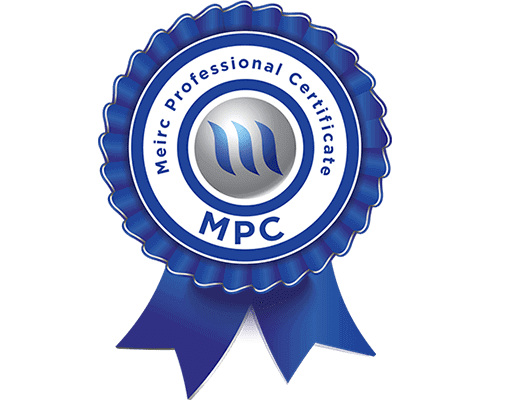- 12 - 16 Apr, 2026
- English
- Dubai
- Venue to be assigned

Certificate in Advanced Financial Modeling
Why Attend
Organizations cannot afford to make the wrong investments decisions as these decisions have a long-term impact on the business and could make or break the organization. Therefore, it is critical to master financial modeling techniques as they are the main basis for investment decisions. By helping you understand and build effective financial models, this course will have a significant impact on the effectiveness and feasibility of your investments decisions.






